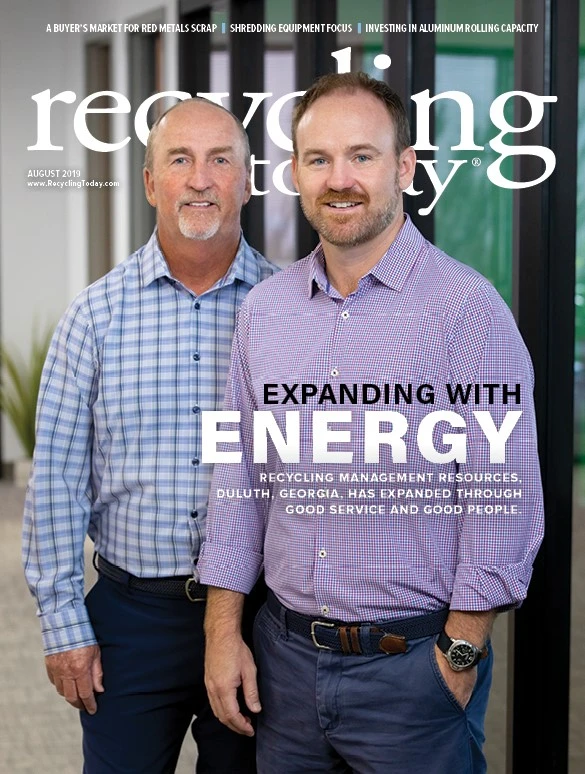While a material recovery facility (MRF) operator in the Midwest sees reason for optimism regarding markets for recovered plastics, a broker of postindustrial thermoplastic scrap takes a more pessimistic view.
The MRF operator describes generation of postconsumer material as good. “Nothing has really slowed down for us.”
Demand also seems somewhat better. “The market seems to be opening up ever so slightly for different grades,” he says.
Two examples the MRF operator cites are Grade A low-density polyethylene (LDPE) film and natural high-density polyethylene (HDPE) bottles.
Despite this, “Pricing is not really budging,” he says.
The addition of optical sorting technology last year allowed the company to purchase Nos. 1-7 bottle bales from other MRFs, which it is sorting to recover polyethylene terephthalate (PET) and natural and colored HDPE.
The MRF, which also handles some postindustrial material, has seen increased interest in bulk bags, particularly from overseas. The MRF had not been able to move this material for the first five months of the year, he says.

“Usually, July is a slow month for sales,” the MRF operator says. “It hasn’t been like that this year.”
He attributes that in part to pent up demand from certain manufacturing sectors, such as producers of outdoor furniture. A representative from one such company he spoke with said that company had its best June on record and was on track to repeat that achievement in July.
“PET has kind of bumped along at a level that is better than we expected this time of the year,” the MRF operator says. “A lot of that is so much consumer demand for recycled PET content.”
However, he adds that the effect has been subtle.
The Midwest-based broker of postindustrial material finds less reason for optimism in his business, however.
“You don’t know what to buy because you don’t know what you will be able to sell or to sell it for.” – a broker based in the Midwest
“July is always slow, but this is slower,” he says of generation and demand. “I don’t think there is a lot of business to be had right now.”
He attributes the slowness to the trade war with China.
Pricing also has been depressed, the broker says. “The amount of resin being pumped into the market by majors is causing everything else to go down,” he says, referring to scrap, repro and regrind. “Everything is soft across the board. The majors are dumping material in the U.S. if they are not able to sell overseas. It is killing the domestic market. There is too much supply and not enough demand.”
His company is doing little in international sales, which has been the case for most of the year so far. “The only people that want to buy are people that we don’t have full confidence about payment,” the broker says. “The people we know will pay us without a doubt are staying on the sidelines right now.”
The listless demand his company has experienced this year has made purchasing difficult. “You don’t know what to buy because you don’t know what you will be able to sell or to sell it for.”
The broker says he’s hopeful interest from buyers will increase in September, but he does not hold out much hope for the rest of the year to follow. “No one takes on inventory in November and December unless they have to,” he says.

Explore the August 2019 Issue
Check out more from this issue and find your next story to read.
Latest from Recycling Today
- Nucor receives West Virginia funding assist
- Ferrous market ends 2024 in familiar rut
- Aqua Metals secures $1.5M loan, reports operational strides
- AF&PA urges veto of NY bill
- Aluminum Association includes recycling among 2025 policy priorities
- AISI applauds waterways spending bill
- Lux Research questions hydrogen’s transportation role
- Sonoco selling thermoformed, flexible packaging business to Toppan for $1.8B





